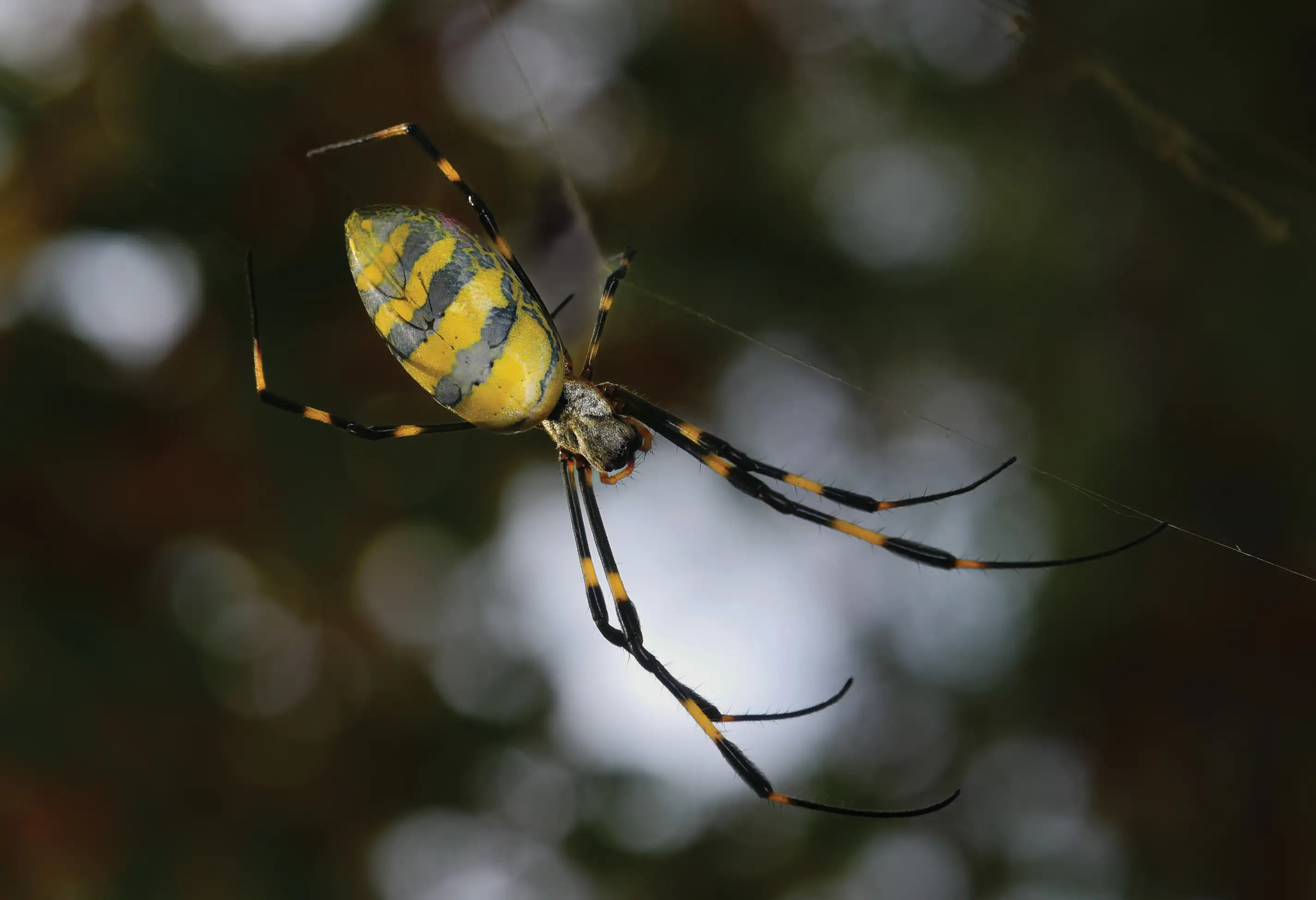Southern Adventist University Professor Calls for Help in Spotting Invasive Spider in Southeast Regions
News
News

The proliferate Jorō spider, an East Asian species that is currently spreading rapidly in Southeast regions of the United States, is the elusive subject of a research team that includes David Nelsen, PhD, biology professor at Southern Adventist University. These researchers are appealing to communities in Tennessee, Georgia, and South Carolina to be on the lookout to report any sightings.
“More eyes in the field will contribute immensely to our research efforts and results,” Nelsen said. “Anybody can be a scientist in this case, and photographs can give us strong data for tracking and measuring this ongoing invasion.”
Several professors working in the Southeast formed the research team in 2020 to study the spider’s locations, rate of spreading, and its impact on native spiders and other species. These educators hail from various institutions, including Clayton State University in Georgia, Clemson University in South Carolina, and University of Tennessee, in addition to Southern.
In 2021, there were four sightings of the yellow, red, and silver-blue arachnid in the Chattanooga area, including one on Southern’s campus. Last year, sightings increased to approximately 20, along with the presence of males, which suggests a stable breeding population.
Known for highly organized, three-dimensional, wheel-shaped webs of gold silk, the spiders use a “ballooning” technique by creating a special silk to “hitch a ride” and float on air currents to move into new territories, according to Nelsen. A member of the genus Trichonephila, they can measure three inches across with legs fully extended and survive brief freezes due to a high metabolism and heart rate.
Nelsen has involved Southern’s ecology students in the research by incorporating the project into labs and educational outreach. For example, students taught several young outdoor adventure groups about spiders and included the local impact of the Jorō on the community.
“Research brings what the students are studying to life,” Nelsen said. “This work helps students answer the questions: ‘How do I take what I’m doing as a biologist and give back to the community? How do I get people excited about the wonders of God’s creation?’”
The project will continue for several more years in order to determine whether or not the arachnid newcomer is harming native species. If you spot what appears to be a Jorō spider, email Nelsen at dnelsen@southern.edu and include a photo. You can also upload photos to the iNaturalist app or website.
The views and opinions of campus guests do not necessarily reflect the official policy or position of Southern Adventist University. An individual's or group's invitation to speak or present on campus should not be regarded as a university endorsement of their philosophies and beliefs.